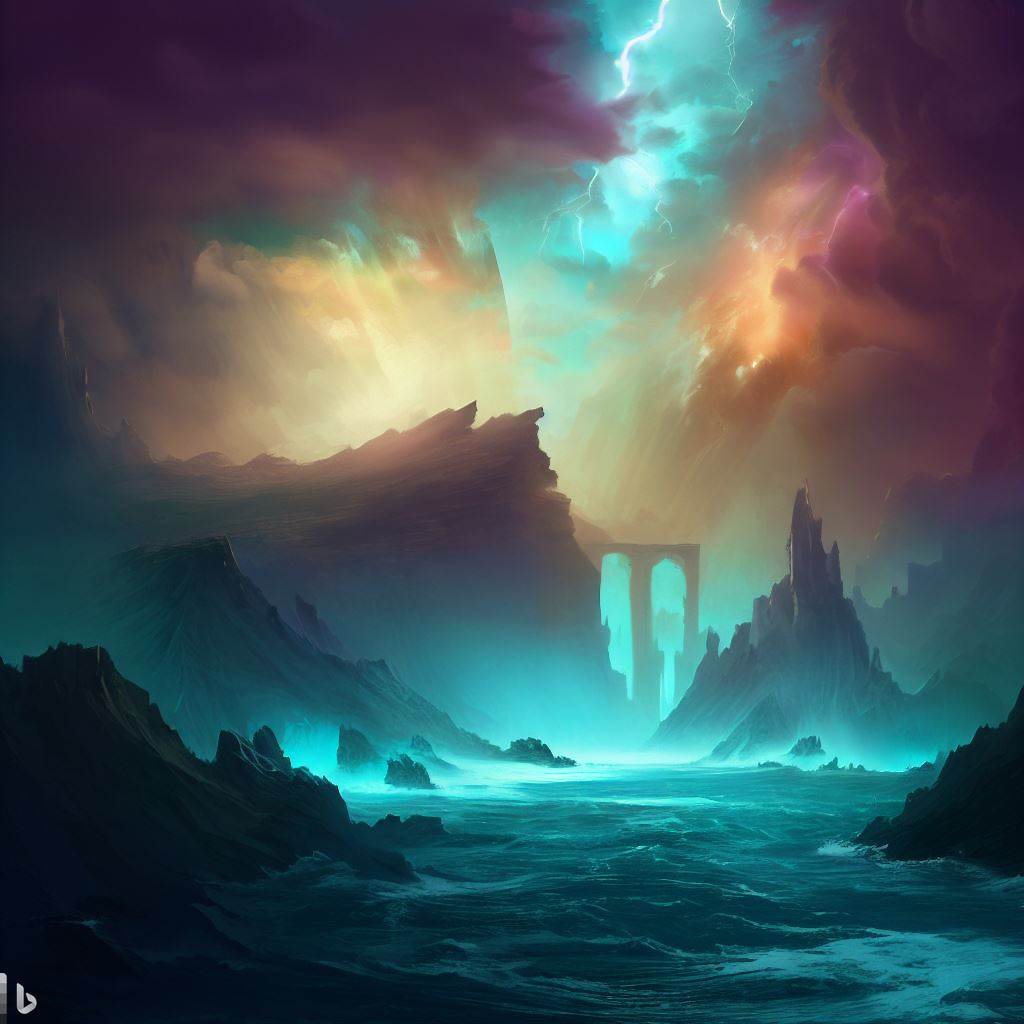Unraveling the Myth: Are the Canary Islands the Remnants of Atlantis?

The tale of Atlantis, a sophisticated ancient civilization lost to time, has stirred the imaginations of scholars, historians, and romantics for over two thousand years. This tale, first brought to us through the writings of the ancient Greek philosopher Plato, continues to fascinate and puzzle us today. The Canary Islands, located off Africa's northwest coast, have become part of the narrative due to a theory that suggests these islands could be the remnants of Atlantis. However, as compelling as this notion may be, it calls into question our understanding of myth and fact.
In his dialogues 'Timaeus' and 'Critias,' Plato weaves a detailed account of Atlantis, situating it beyond the "Pillars of Hercules"—what we know today as the Strait of Gibraltar. According to his narration, the civilization of Atlantis was a powerful and advanced society. Its land was divided into concentric rings of water and land, with a fertile plain and mountains to the north. At the heart of the city, there was a palace with a central island surrounded by moats linked by bridges.
Plato described the Atlanteans as a noble and virtuous people in the beginning, living simply and wisely. However, as they grew more powerful, they became corrupt and greedy, losing their virtue and sense of morality. In a single day and night of cataclysmic earthquakes and floods, the entire civilization was swallowed by the sea, disappearing without a trace.
The Canary Islands have often found themselves linked to this myth due to their geographical location beyond the 'Pillars of Hercules.' The indigenous inhabitants, the Guanches, exhibited a society that held striking similarities to the Atlanteans as per Plato's description. But do these parallels suffice to propose the Canary Islands as remnants of Atlantis, or are they manifestations of simultaneous, yet independent societal evolution?
Adding more intrigue, the Canary Islands boast ancient structures, enigmatic cave paintings, and preserved mummies, providing an atmosphere of mystery. Yet, should we allow this atmosphere to blur our interpretive lenses, or should we strive to distinguish tantalizing myth from empirical fact?
Despite the allure of this theory, there's no concrete archaeological or geological evidence that Atlantis, as described by Plato, ever existed. In spite of extensive exploration of the Atlantic Ocean and around the Canary Islands, no definitive traces of a sunken civilization matching Atlantis have been found. This leads us to question: Are we interpreting the story of Atlantis in light of our desire for captivating narratives rather than letting the evidence guide our understanding?
Most scholars interpret Atlantis as a philosophical allegory Plato created, serving as a cautionary tale about the perils of unchecked ambition and the corrupting influence of power. Could the theories linking the Canary Islands to Atlantis be an extension of our fascination with this cautionary tale and the romanticism of lost civilizations?
While the story of the Canary Islands being remnants of Atlantis remains fascinating, it is rooted firmly in the realm of speculation. Until more tangible evidence emerges, our fascination with Atlantis reveals more about our love for mystery and the allure of the unknown than it does about this legendary civilization. Through the lens of the Canary Islands, we can continue to explore and appreciate our human desire for connection with the past, while reminding ourselves of the distinction between mythology and historical fact.

